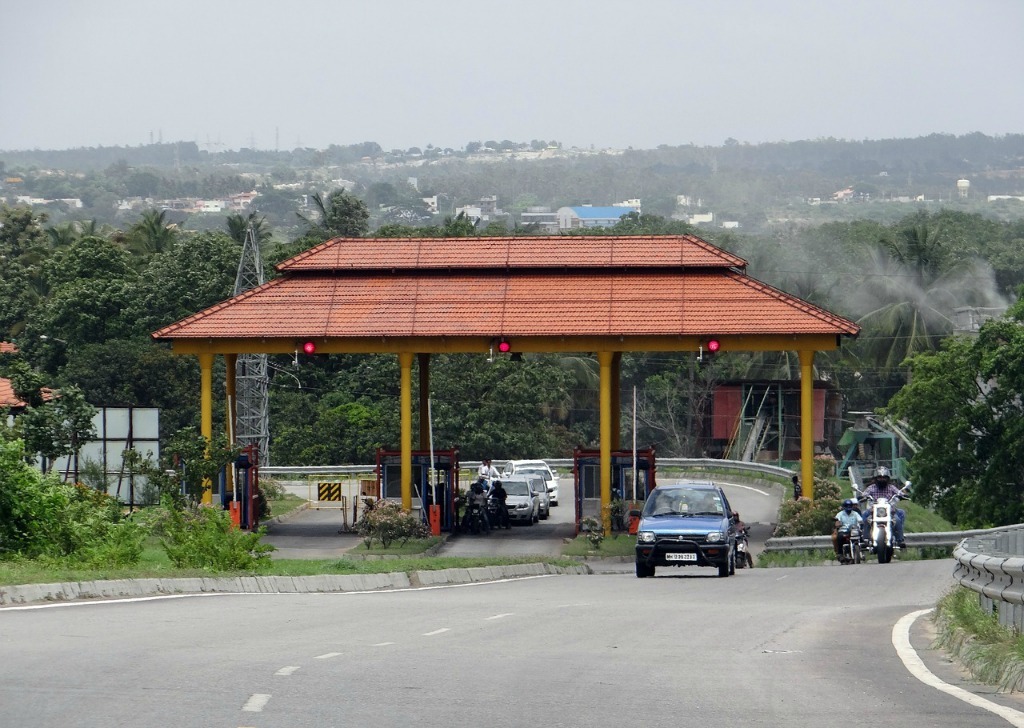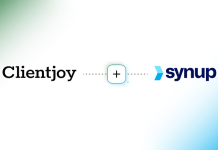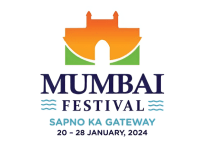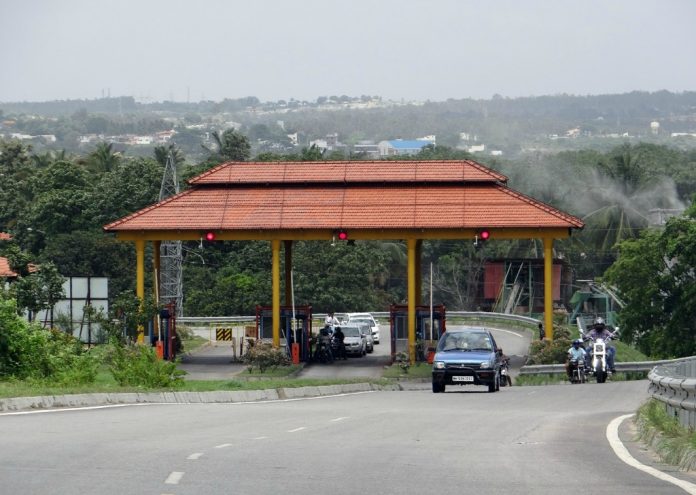Once commercialised, open loop payment systems could significantly reduce congestion and waiting times at toll plazas
 Visa, a leading payments technology company, today announced the launch of India’s first proof-of-concept (PoC) to showcase open loop contactless toll payments at National Highway Authority of India’s (NHAI) Manesar toll plaza.
Visa, a leading payments technology company, today announced the launch of India’s first proof-of-concept (PoC) to showcase open loop contactless toll payments at National Highway Authority of India’s (NHAI) Manesar toll plaza.
Once commercialised, open loop payment systems (compatible with contactless cards issued by any bank or provisioned in enabled devices) could significantly reduce congestion and waiting times at toll plazas.
The Manesar toll plaza closed user group PoC employs a unique Offline Data Authentication method compared to the conventional method. By significantly reducing waiting times and costs, the technology helps improve the flow of traffic across the toll lanes. The technology would allow consumers to use their existing bank issued contactless cards for payments across India’s toll plazas.
NHAI operates around 400 toll plazas across India’s national highways through which more than 20,000 vehicles pass each day. With vehicles queued up for an average of five to ten minutes to complete a toll payment, congestion and waiting time at toll plazas account for a significant portion of the $21.3 bn (comprises $6.6bn in cost of delay and $14.7 bn in additional fuel spent) that India is estimated to lose each year.
Announcing the launch of the PoC, TR Ramachandran, Visa’s Group Country Manager, India & South Asia said, ”Visa payWave, our contactless payment technology allows, users to simply wave and pay using a card or devices like smartphones and is relevant for all modes of transport –- metros, buses, and the railways as our experience with Transport for London has shown.”
Indian Highways Management Company, a company specifically set up by NHAI to carry out electronic tolling, has commissioned the deployment of the Manesar PoC. A key objective of the PoC is to assess the advantage of contactless payments in increasing the number of vehicles passing through the toll plaza.
This PoC furthers the Reserve Bank of India’s (RBI) Payment Vision 2018 of moving India to a cashless society. According to the RBI, toll collections are largely cash based, and efforts to migrate to electronic payments have been sporadic and isolated. As a result, India has a range of different toll collection systems across the country, not only causing confusion and inconvenience to commuters, but also pushing them further into cash payments.
—
Picture Credit: Pixabay















































